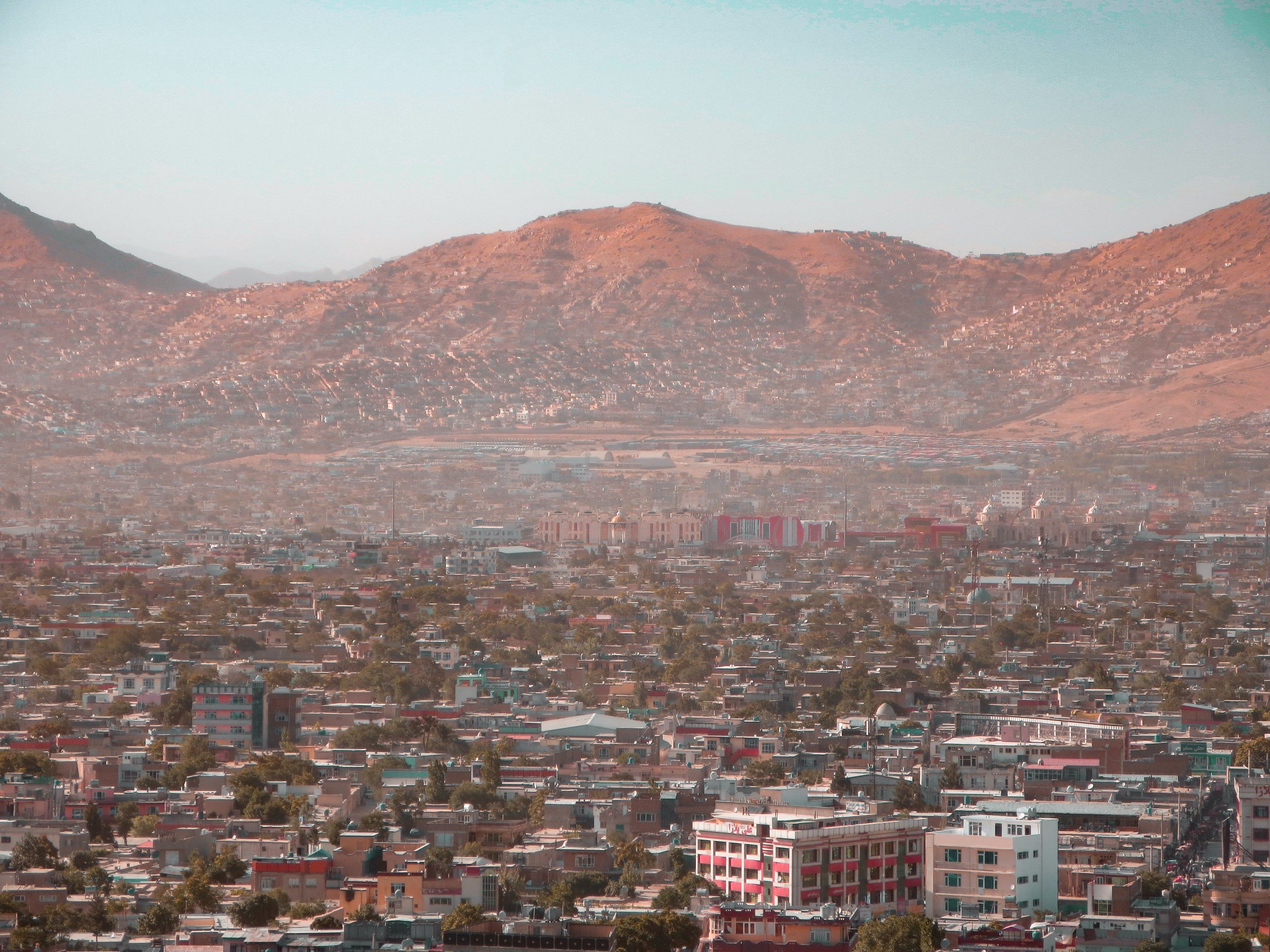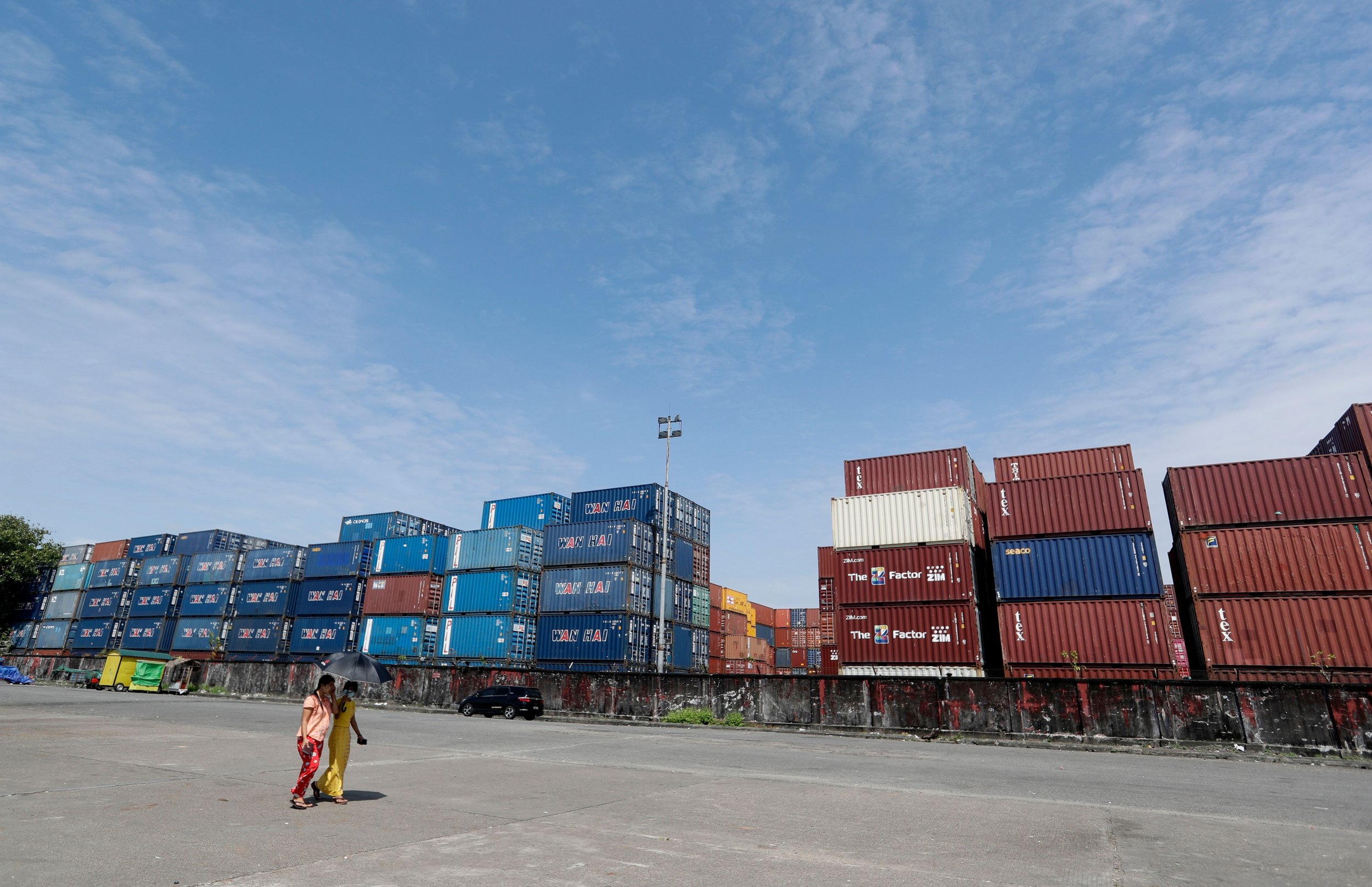PUBLICATIONS
The Role of Financial Rewards for Whistleblowers in the Fight Against Economic Crime
This paper evaluates the evidence on the use of reward programmes for whistleblowers who report economic crimes, evaluating it against the key concerns in the debate surrounding the implementation of such schemes. It offers four observations for policymakers considering use of whistleblower rewards programmes in the fight against economic crime.
Eliza Lockhart
December 2024
Illicit Financial Flows in the Mekong
This paper is part of a comparative research phase that tests and applies the ‘IFFs pyramid’ (Reitano, 2022), in the context of the Mekong region. Based on a review of secondary literature, it provides an overview of financial flows, trade flows and informality – the three main means by which IFFs are enabled, moved and held according to the ‘IFFs pyramid’ – and discusses how IFFs manifest across the Mekong.
Kristina Amerhauser
January 2024
Addressing Illicit Financial Flows in East and Southern Africa
In this phase of the SOC ACE project “Unlocking the black box of political will on IFFs: going beyond technical responses”, the research analyses whether the ‘IFFs pyramid’ proposed by the GI-TOC (Reitano, 2022) is applicable to and useful for researchers seeking to understanding illicit financial flows in various settings around the world but especially in regions where greater levels of informality exists, such as East and southern Africa.
Michael McLaggan
January 2024
Economic Crime and Illicit Finance in Russia’s Occupation Regime in Ukraine
This paper details Russia's illicit economic activity in the occupied territories in Ukraine and calls for more international attention to this aspect of Russia's invasion. The report shows that since Russia occupied large parts of south-eastern Ukraine in March 2022, it has worked rapidly to incorporate these regions into Russia's economic and financial system. These activities were all illegal under Ukrainian law and some may constitute potential war crimes under international law.
Professor David Lewis
September 2023
Under the Radar: How Russia Outmanoeuvres Western Sanctions with Help from its Neighbours
This paper examines the practices used to evade sanctions imposed on Russia after its invasion of Ukraine in 2022, focusing on the import–export operations of Russia, Belarus, Georgia, and Kazakhstan. The research finds that sanctions have not cut supplies to Russia but have instead empowered informal trade networks and intermediaries. Georgia and Kazakhstan have indirectly benefited from the increased transiting trade; however, the impact on the shadow economy and traditional organised crime has been minimal because sanctions-busting is not illegal in these countries.
Dr Erica Marat & Dr Alexander Kupatadze
August 2023
New dynamics in illicit finance and Russian foreign policy
This paper provides an analytical overview of how Russian actors and proxies are using illicit financial flows (IFF) to support Russian foreign policy goals. It shows how Russia has used illicit finance to fund political interference campaigns, promote disinformation, and support military operations outside Russia, including the international activities of the Wagner network. It calls for a holistic approach to tackling the issue by combining effective sanctions with systematic efforts to tackle money-laundering and illicit finance in key financial and logistical hubs, including in the UK and other Western countries.
Professor David Lewis & Dr Tena Prelec
August 2023
How to seize a billion: exploring mechanisms to recover the proceeds of kleptocracy
This briefing note summarises research that explores alternative asset recovery mechanisms that could help respond to the immediate policy goal surrounding Russian-linked sanctioned assets, and also contribute to strengthening the broader asset recovery framework in the UK for the longer term.
Maria Nizzero
March 2023
Political won’t? Understanding the challenges of countering IFFs
Finding responses to illicit financial flows (IFFs) and preventing the extraction, movement and secretion of wealth from the licit global economy has become a growing policy preoccupation. The scale of IFFs and their continued growth has been linked to damaging consequences for governance and the building of peaceful, inclusive societies that achieve development for their citizens. This paper draws on research and evidence from by the Global Initiative Against Transnational Organized Crime (GI-TOC) and beyond to explore how and why responses to IFFs are falling short.
Tuesday Reitano
June 2022
Illicit markets and targeted violence in Afghanistan
This paper looks at targeted assassinations through the lens of illicit market violence in Afghanistan. It explores its potential as a key proxy to project current and future trends of other illicit and criminal market development in the country. The paper suggests a framework for further research to examine the evolution of illicit markets in Afghanistan by using a methodologically sound proxy indicator of such violence.
Ana Paula Oliveira
May 2022
Illicit financing in Afghanistan: methods, mechanisms and threat-agnostic disruption opportunities
Illicit actors in Afghanistan, including drug traffickers, warlords, terrorist groups, and even former government officials, exploit the country to achieve their own political and economic objectives. This paper provides a historical and contemporary overview of illicit financing activities in Afghanistan. It uses a terrorist financing framework to explain the various mechanisms involved in how illicit actors raise, use, move, store, manage, and obscure their funds. Specific jurisdictions used for illicit finance and global financial vulnerabilities that illicit actors with a nexus to Afghanistan exploit in their financial activities are discussed, outlining the threat-agnostic capabilities that could tackle some of these illicit financial challenges.
Jessica Davis
May 2022
Russian illicit financial flows and influence on Western European politics
This briefing note analyses Russian illicit financial flows (IFF) and its possible influence on political parties and the wider body politic of western Europe. It argues for the need to place more focus on certain individuals, companies, and relationships, given the legal vagaries of financial flows linked to the Russian state. As Russia’s investigative units, prosecutorial bodies, and law courts lack independence, the vast majority of Russian IFF may not be illegal under Russian law (or at least a Russian court will not rule it to be) but could still constitute IFF and could be used for malign purposes in the countries where it is found.
Thomas Mayne
May 2022
Russian illicit financial flows and political influence in South Eastern Europe: how financial flows and politics intersect in Montenegro and Serbia
This briefing note – part of a project advancing a new conceptual framework designed to improve our understanding of Russian illicit financial flows (IFFs) as linked to foreign policy (FP) aims – provides an overview of Russia’s economic presence in South Eastern Europe. It first considers its interaction with the post-Yugoslav region as a whole, then zooming into the patterns at play in Serbia and Montenegro. These two countries have had a dramatic change in relations with Russia in 2014, when Montenegro implemented sanctions after the annexation of Crimea, and Serbia did not. This juncture offers a clear opportunity to think about the extent to which IFF from Russia are linked to foreign policy considerations.
Tena Prelec
May 2022
Mapping Russian illicit finance in Africa: the cases of Sudan and Madagascar
This briefing note shows how Russian foreign policy in Africa facilitates illicit financial flows (IFF) into and out of the continent through two case studies. First, in Sudan, gold-mining ventures, supported by military investments, are being exploited by Russian and Sudanese political elites hit by Wester economic sanctions. Second, in Madagascar, Russian ‘political technologists’ influenced electoral processes by cultivating anti-Western sentiments and supporting Moscow-friendly candidates.
Catherine Owen
May 2022
Combating money laundering: does implementing the Financial Action Task Force recommendations bite?
The Financial Action Task Force (FATF) focuses on combatting money laundering. In February 2012, it codified its recommendations, ‘FATF Recommendations 2012’, consisting of a framework of measures and international standards to combat money laundering and terrorist financing. Once a country agrees to follow the recommendations, it has to produce its anti-money laundering (AML) framework that FATF can assess. In this paper, we attempt to answer a simple question: is this working? We look at a group of eight countries in Africa and the Middle East that in the 2012– 2020 period have voluntarily agreed to implement these recommendations and test whether suspected illicit financial flows (IFF), measured through the trade-gap methods, decline after the decision to implement FATF recommendations. Our results point to a reduction of the trade gap characterising tax avoidance through import under-invoicing and/or Trade Based Money Laundering (TBML) through export over-invoicing.
Sami Bensassi & Arisyi Fariza Raz
May 2022
The illicit financialisation of Russian foreign policy: mapping the practices that facilitate Russia’s illicit financial flows
This paper categorises the practices used by Russian Kremlin-connected actors to advance Russian illicit financial flows (IFF) and depicts them, as well as their relationships to one another and to IFF in a novel framework. It argues that conclusively identifying and tracing IFF in authoritarian environments is very difficult due to the politicised nature of authoritarian legal systems and the inevitable data gaps. Our framework seeks to remedy these challenges by mapping malign practices, enacted by Russian actors in collaboration with elite overseas partners to create conditions friendly to Russian IFF, across three vectors: 1) political activities, 2) media activities and 3) political violence. We argue that the deployment of these practices is deeply connected to Russian foreign policy objectives, which are built in part on informal and patronal relationships with domestic elites. Thus, the principal actors in Russian foreign policymaking and -doing are not state institutions but elites, intermediaries, private companies, and organised crime groups.
Catherine Owen, Tena Prelec & Tom Mayne
May 2022
Political will and combatting serious organised crime
This evidence review explores the literature on political will in relation to organised crime, kleptocracy, illicit finance, sanctions, trafficking and COVID-19. Findings demonstrate the importance of political will for effectively tackling SOC, illicit finance and transnational corruption, but also why it is so challenging to find political will, measure it and create demand for it.
Iffat Idris
May 2022













